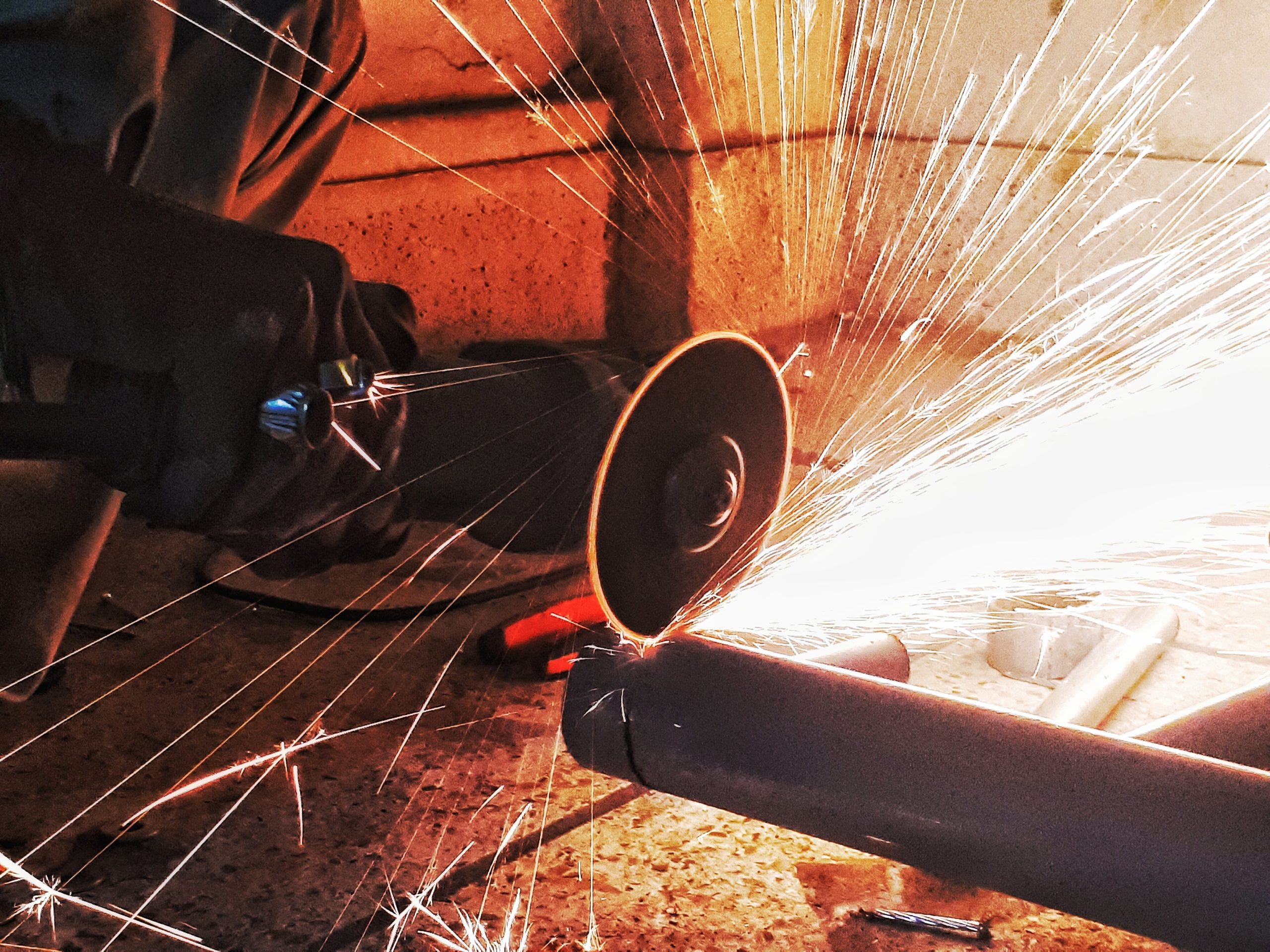Introduction
Are you tired of watching that buffering icon spin endlessly? Have you had enough of slow internet speeds disrupting your online activities? Well, say goodbye to sluggish connections and hello to lightning-fast browsing with our top tips on how to improve your internet speed. From optimizing your Wi-Fi network to upgrading your hardware, we’ve got four fail-safe ways to get the most out of your home internet connection. So buckle up and get ready for a smoother online experience like never before!
Use an Ethernet Connection
An Ethernet connection is the best way to connect to the internet if you want the fastest possible speeds. This is because an Ethernet connection is a direct connection to your router, without having to go through any other devices or cables.
If you have a laptop or desktop computer, you can usually connect to your router using an Ethernet cable. If your computer does not have an Ethernet port, you may be able to use a USB adapter.
If you are connecting your whole home to the internet, then you will need to use an Ethernet connection from your modem or router to your computer. This will give you the fastest possible speeds for all of your devices.
Update Your Router’s Firmware
If you want to keep your router up-to-date and improve your internet speed, one of the best things you can do is update your router’s firmware. Firmware is the software that controls your router, and it is important to keep it updated in order to get the most out of your router.
To check if your router’s firmware needs to be updated, log into your router’s web interface and check the version number. If it is not the latest version, download the newest firmware from the manufacturer’s website and follow their instructions for updating the firmware.
Once you have updated your router’s firmware, reboot the router and test your internet speed. You should see an improvement in both speed and stability.
Check for Viruses and Malware
1. Check for Viruses and Malware:
It’s important to regularly scan your computer for viruses and malware. These malicious software programs can slow down your internet connection by taking up valuable resources. Run a virus scan with your anti-virus program and remove any infected files. You should also install a reputable anti-malware program to protect your computer from future attacks.
Use a DNS Server That’s Close to You
If you want to improve your internet speed, one thing you can do is use a DNS server that’s close to you. This will help because it will reduce the amount of time it takes for your computer to resolve the DNS name.
There are a few ways you can find a DNS server that’s close to you. One way is to use the “ping” command. For example, if you’re on a Windows computer, you can open the Command Prompt and type “ping google.com”. This will show you the IP address of the Google DNS server, which is likely to be close to you.
Another way to find a nearby DNS server is to use the “nslookup” command. For example, if you’re on a Windows computer, you can open the Command Prompt and type “nslookup google.com”. This will show you a list of all the DNS servers that are authoritative for the Google domain, including their locations. Choose one that’s close to you and use that as your DNS server.
You can also ask your ISP what DNS server they recommend that you use. They will likely have one that’s close to you and will give you better performance than using a public DNS server like Google or Cloudflare.








